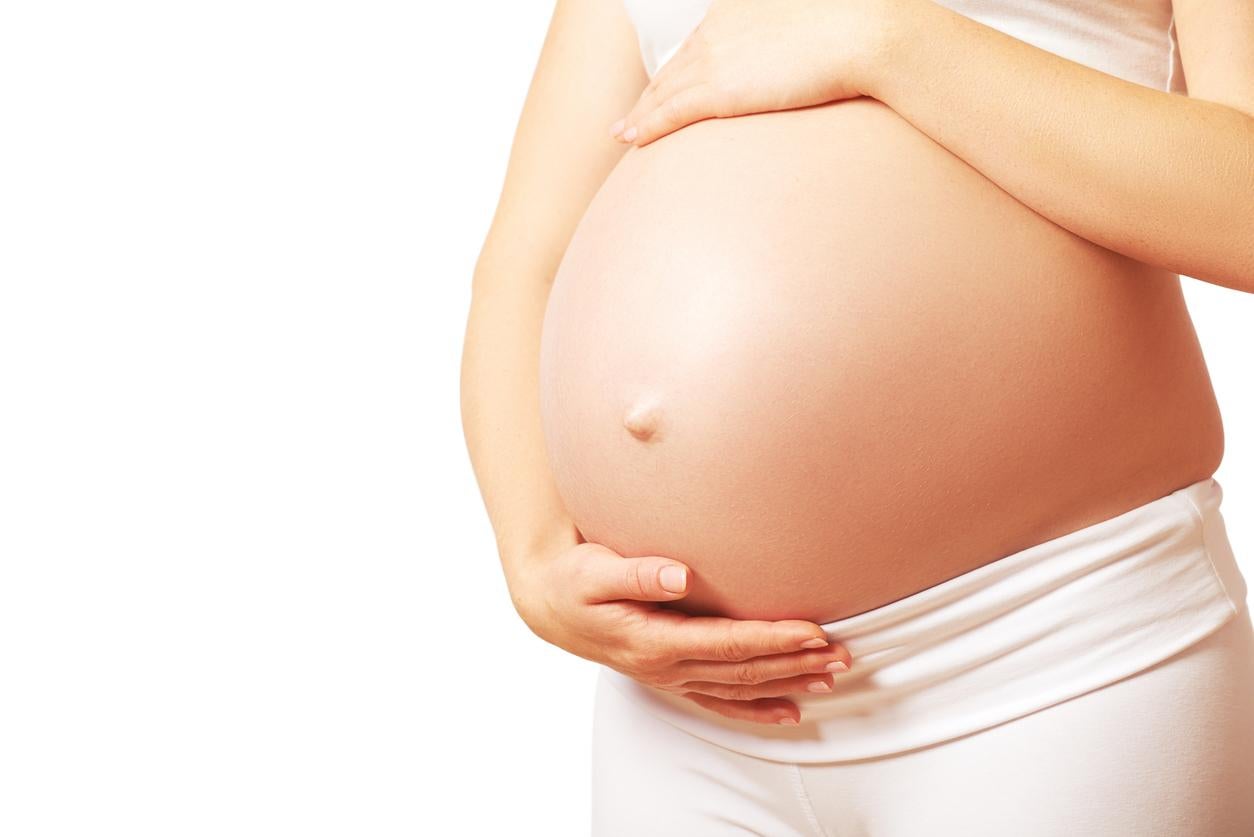Why babies move in the womb, according to science
New research reveals babies movements do much more than keep you awake at night

For many mothers, the sensation of your baby moving is a landmark moment, but while most accept it as a normal part of pregnancy, there’s still come confusion as to why it happens.
But now researchers have finally discovered the reason babies move so much in the womb - and it's not just to keep you awake at night.
According to a new study published in the journal Development, scientists at the Indian Institute of Technology Kanpur, in India, and Trinity College Dublin, in Ireland, found that babies move around because they are trying to develop strong bones and joints.
By analysing chicken and mouse embryos, the researchers determined that movement helps stimulate “molecular interactions” that ultimately turn cells and tissues of an embryo into functional bones and joints.
Depending on where the cells are, movement directs them to either form bone or cartilage.
The researchers also revealed that if babies don't move often enough in the womb, it could lead to them having brittle bones or abnormal joint development. This is because just like all humans, babies need their joints to be covered in “smooth, lubricated” cartilage so they can bend properly.
“Our new findings show that in the absence of embryonic movement the cells that should form articular cartilage receive incorrect molecular signals, where one type of signal is lost while another inappropriate signal is activated in its place,” said Paula Murphy, a professor of zoology at Trinity College Dublin who co-led the study.
Baby names facing extinction
Show all 10“In short, the cells receive the signal that says 'make bone' when they should receive the signal that says 'make cartilage'.”
What’s more, the NHS states that feeling your baby move during pregnancy is good indicator that they are developing well.
It says that most women tend to feel their baby move between 16 and 24 weeks of pregnancy and, while there’s no set number of normal movements, you should feel the baby move more and more up until 32 weeks when it is likely to remain consistent.
If you are concerned that there has been a reduction in your baby’s movements the NHS advises that you contact your doctor and midwife as soon as possible.
Subscribe to Independent Premium to bookmark this article
Want to bookmark your favourite articles and stories to read or reference later? Start your Independent Premium subscription today.

Join our commenting forum
Join thought-provoking conversations, follow other Independent readers and see their replies